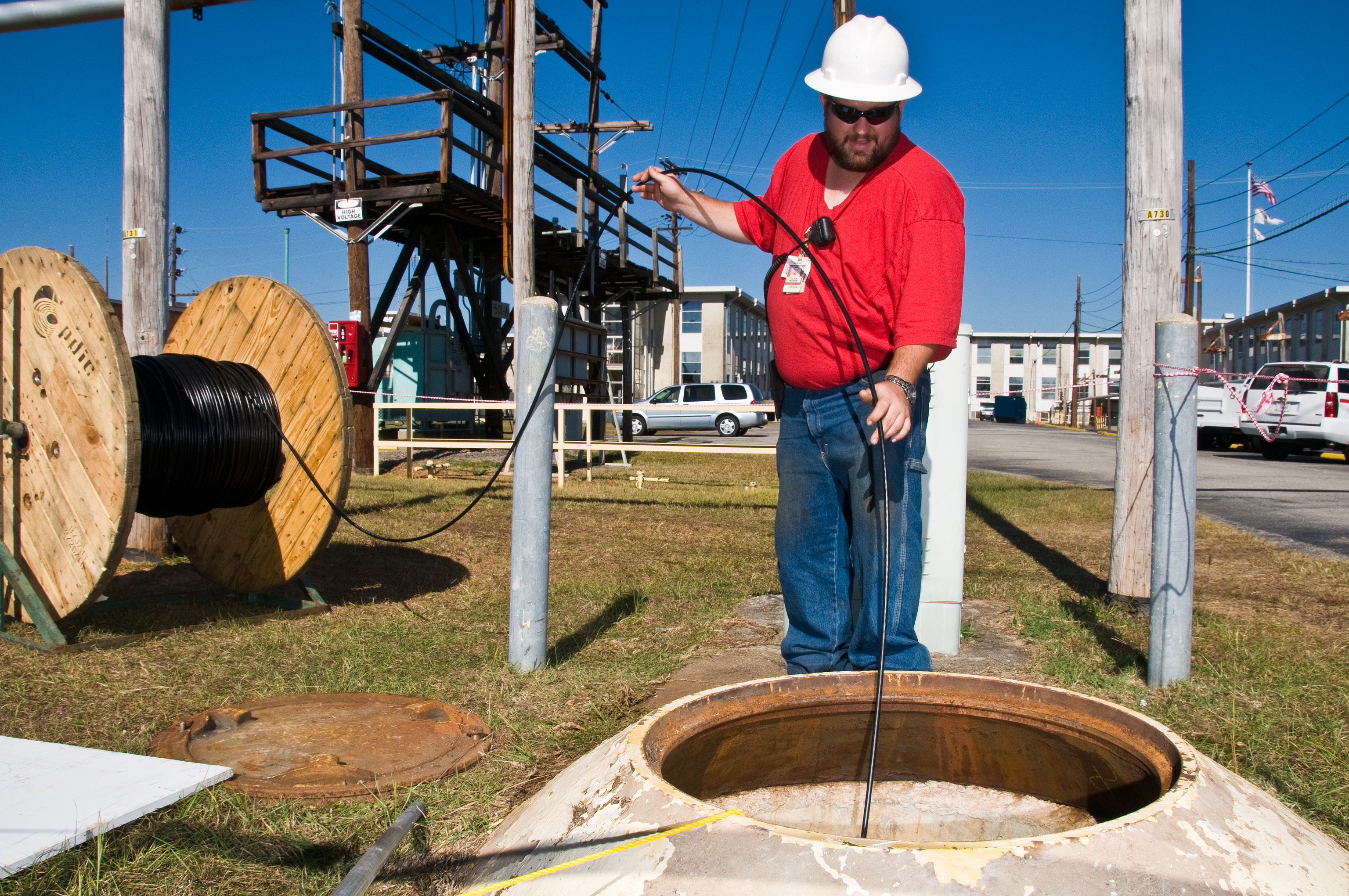West Virginia Screwed Up, Gave Taxpayer Money to Big Telecom, and Now Owes the Government $4.7M

Credit to Author: Kaleigh Rogers| Date: Fri, 13 Oct 2017 14:54:21 +0000
When it comes to high-speed internet, West Virginia is the third-worst state in the country.
Thirty percent of West Virginians don’t have access to fixed broadband, second only to Mississippi (34 percent) and Montana (31 percent). So when, in 2009, the Obama administration dedicated $4.7 billion in grants to expand internet access, West Virginia jumped at the opportunity.
Now, eight years and $126 million later, West Virginia has been ordered to pay back more than $4 million of the grant money it received after an Inspector General investigation found Frontier, the telecom company hired to build the state’s network, charged unnecessary fees. Frontier says it’s innocent and won’t be handing the money back, while West Virginia’s government tries to figure out how to move on from what is now considered the squandering of a golden opportunity to finally get Mountaineers online.
“If our small communities are going to survive, we can’t do it without broadband—it’s absolutely fundamental,” Woody Thrasher, the West Virginia state secretary of commerce, said in a phone interview. “That’s why I was disappointed in the impact that the infusion of $126 million had. I would have thought it would have had more impact than it did.”
In 2010, West Virginia was awarded $126.3 million under the Broadband Technology Opportunities Program (BTOP) to expand high-speed internet in the state, including $42 million specifically to build “middle mile” fiber cable networks—lines connecting rural communities to larger metropolitan areas where broadband is already established. The contract to build this network was awarded to Frontier Communications, a Connecticut-based telecom corporation that had recently acquired all of Verizon’s wirelines in multiple states, including West Virginia. Originally, the plan had been to build 915 miles of fiber cable, but Frontier scaled the project back to 675 miles.
After completing the buildout in 2014, not everyone was impressed with the results. Last year CityNet, a local telecom company which had also bid on the state contract, launched a lawsuit against Frontier accusing the corporation of squandering the funds in an attempt to keep out local competition. Part of the agreement was that the infrastructure built would have to be open to other local competitors, but CityNet CEO Jim Martin said Frontier deliberately made that impossible by not actually building middle mile fiber and relying on the infrastructure it bought from Verizon.
“What they did is built fiber from within a community hub, like a courthouse, through the wall out to the nearest telephone pole and then tied that BTOP fiber into their existing fiber at that point,” Martin said over the phone. “How is that useful to someone like CityNet or any other provider? We can’t get into that community to even get close to the courthouse, to be able to access a piece of fiber that’s only 1,000 feet long.”
At the same time, the Office of the Inspector General was investigating how the funds were used, and earlier this summer ruled that at least some of the funds Frontier received were used inappropriately.
BTOP funds were intended for actual infrastructure, not side costs like administrative fees, but West Virginia paid Frontier $4.7 million on just such costs—invoicing fees and loading costs. Now, the Federal Department of Commerce wants that money back and has more questions for Frontier.
This week, Frontier released a letter in response to the latest accusations, claiming the state had agreed to the administrative costs and that Frontier had no intention of giving the money back.
“No matter how Executive Office of West Virginia proceeds, any funds for indirect costs returned to the federal government are, of course, not recoverable from Frontier,” reads the letter, signed by Frontier’s director of engineering Mark McKenzie. As for the excess coils, McKenzie wrote: “the amounts of maintenance coil needed can vary from project to project, based on factors such as the engineer’s jugement [sic] site conditions, pole height, terrain, and the length of the project.”
West Virginia can appeal the decision by the federal Department of Commerce, a decision Thrasher said is in the hands of the state’s attorney general.
In other words: that West Virginia wasted federal tax dollars by giving them to a large corporation who critics say gamed the system. Now West Virginia must take its own tax dollars and pay them back—tax dollars that could be used to finally build some actual broadband in the woefully unconnected state.
After not getting the future they had envisioned, he told me he hopes West Virginia can start working toward a more connected state.
“As a state, we have recognized the importance of getting broadband, and we’re going to look for every creative way we can to extend it,” Thrasher said. “If we find that maybe some errors were made in the past, they should be rectified.”
Get six of our favorite Motherboard stories every day by signing up for our newsletter .